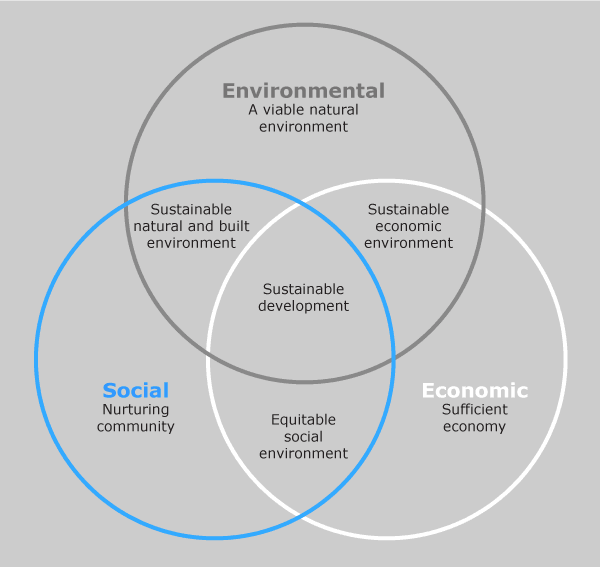Sustainable future dawns for construction
By James Hurley, Hyder Consulting (UK) Limited
Construction is big business in the UK, employing some 1.7 million people and contributing10% towards the UK’s gross domestic product.
In the last decade there has been a 90% growth in UK construction out-put, and with a15% increase in housing stock predicted by 2021, the industry looks set to continue expanding at a significant rate.
However, while growth in the construction industry is clearly good news for those involved in it, it also highlights one of the greatest challenges facing the sector - the efficient use of resources and the responsible disposal of construction and demolition waste.
While most of the public’s attention and debate has surrounded improving municipal recycling rates, the black and white facts are that 33% of all UK waste and 21% of all hazardous waste emanates from construction projects.
For those companies that haven’t already realised the economic arguments for confronting the issue due to the increases in landfill tax, new legislation will force their hand. The Site Waste Management Plan (SWMP) Regulations 2008 came into effect on April 6th 2008 and the fact that SWMPs are mandatory in the Code for Sustainable Homes means that there is a real opportunity for the construction industry to demonstrate their duty of care more effectively.
SWMPs are now regulated on all projects over £300,000. The Client and Principal Contractor need to prepare a SWMP to formally demonstrate their Duty of Care for the wastes being generated during the project and to ensure that wastes are not being illegally fly tipped. The Client and the Principal Contractor will need to sign off the SWMP and any non-compliance can incur a £300 fixed penalty notice or, worse still, a £50,000 fine for a summary conviction. A more serious conviction on indictment can carry an unlimited fine.
The government has re-invested the industry’s landfill tax into organisations such as the Waste and Resources Action Programme (WRAP), Envirowise, the National Industrial Symbiosis Programme (NISP) and other sources of help and guidance. This source of government support is increasing in line with the ever rising landfill tax which is now increasing each year by £8 per tonne.
In this next round of funding WRAP and the Carbon Trust (amongst others) will begin to focus their attention on mitigating climate change through embodying energy efficiency measures and the use of recycled content into buildings and structures at the design stage. This will make best use of resources and complement the strive for resource efficiency in construction, both during and after construction.
Yet the construction industry can’t make improvements completely on its own. While there is a commercial driver to effectively plan and manage these wastes and capitalise on those resources that can be reused or recycled on or offsite, the success of the SWMP Regulations and the resource efficiency agenda requires engagement with and guidance from local planners and the planning process.
In response to recent policy changes by Central Government to gradually phase out Local Plans and replace them with Minerals and Waste Development Frameworks (MWDFs), local authorities are busily preparing Supplementary Planning Documents (SPDs). These are to be practical tools to assist both planners and developers to minimise and manage waste in construction more effectively. This shift in Central Government policy will consist of a portfolio of Local Development Documents (LDDs) that provide a strategic spatial planning framework to guide future land use, sustainable development and sound planning.
What is so significant about the MWDFs, SPDs and LDDs, is that without a detailed SWMP or design considerations to increase household waste recycling during the operational phase of buildings being included in the planning application, projects will find it near on impossible to get planning approval. In this way, the planning process will play a critical role in combining the resource benefits and financial rewards of planning for resource efficiency in construction. It will also encourage greater recovery and recycling rates from municipal waste streams and provide ever increasing amounts of feedstock to the recycling industry. This joined-up thinking of MWDFs and the planning process will put us one step nearer our resource efficiency goals and the lean ambitions of Egan. That’s got to be good for the image of construction
http://www.constructingexcellencebristolclub.com/p/sustainability.html
